Using Smartphones to Operate Proprietary Medical Devices
Published on February 11, 2013

A recent study from Austin Health Clinical School at The University of Melbourne discusses how, when smartphones operate proprietary medical devices, doctors can have access to valuable information and patients can stay in touch with their healthcare providers. The report, published in The Journal of Mobile Technology in Medicine, also identifies some disadvantages to this practice.
The study involved the use of a smartphone in the operation of a proprietary medical device used for vagal nerve stimulation (VNS) therapy, which delivers periodic stimulation to the brain and helps prevent electrical irregularities that cause seizures. Prior to receiving VNS therapy, the patient involved in this particular study had seizures that remained poorly controlled and were progressively worsening over time. In the study, treatment was delivered automatically at regular intervals all day, every day.
VNS therapy requires a pulse generator (currently produced solely by Cyberonics, Inc.®), electrode leads, a programming wand, and a handheld computer with installed software. The handheld computer approved for the application is a Dell® Axim X5 handheld computer, which made its debut in 2002 and is available in relatively short supply. In the study, a smartphone was used in place of the Axim.
VNS Therapy Device
Advantages of using a smartphone instead of a Dell Axim included the fact that smartphones are widely available and familiar to clinicians. Key disadvantages were:
- Software Stability and Compatibility: Software that is developed for existing mobile platforms may require additional testing in order to achieve device compatibility and stability.
- Device Connectivity: In this study the Dell Axim was connected via a cable. While this does add bulk to the device and creates a potential safety hazard, there is significantly greater device security.
While the potential issues and risks should be weighed against the advantages of this practice, there is certainly an emerging market for the use of smartphones in the medical industry.
 Laird Connectivity is now Ezurio
Laird Connectivity is now Ezurio